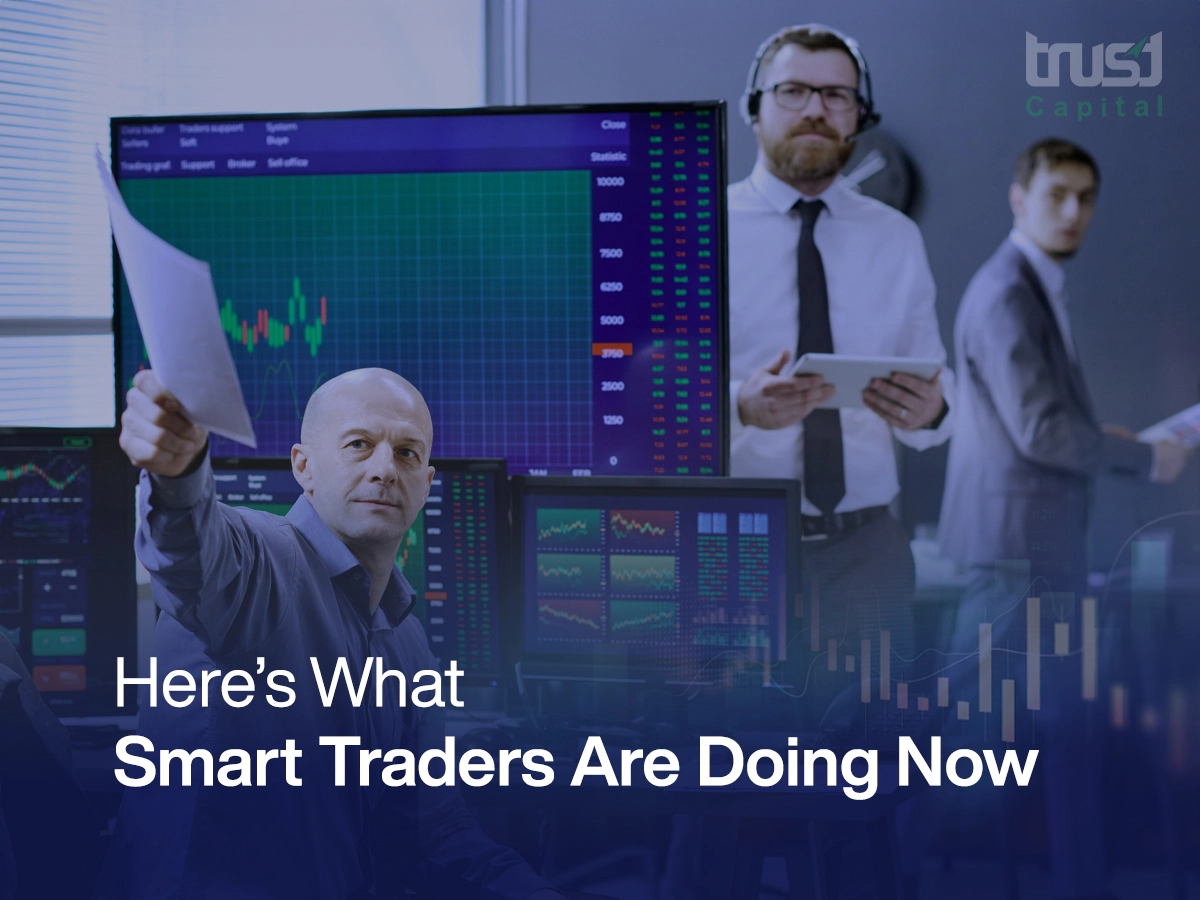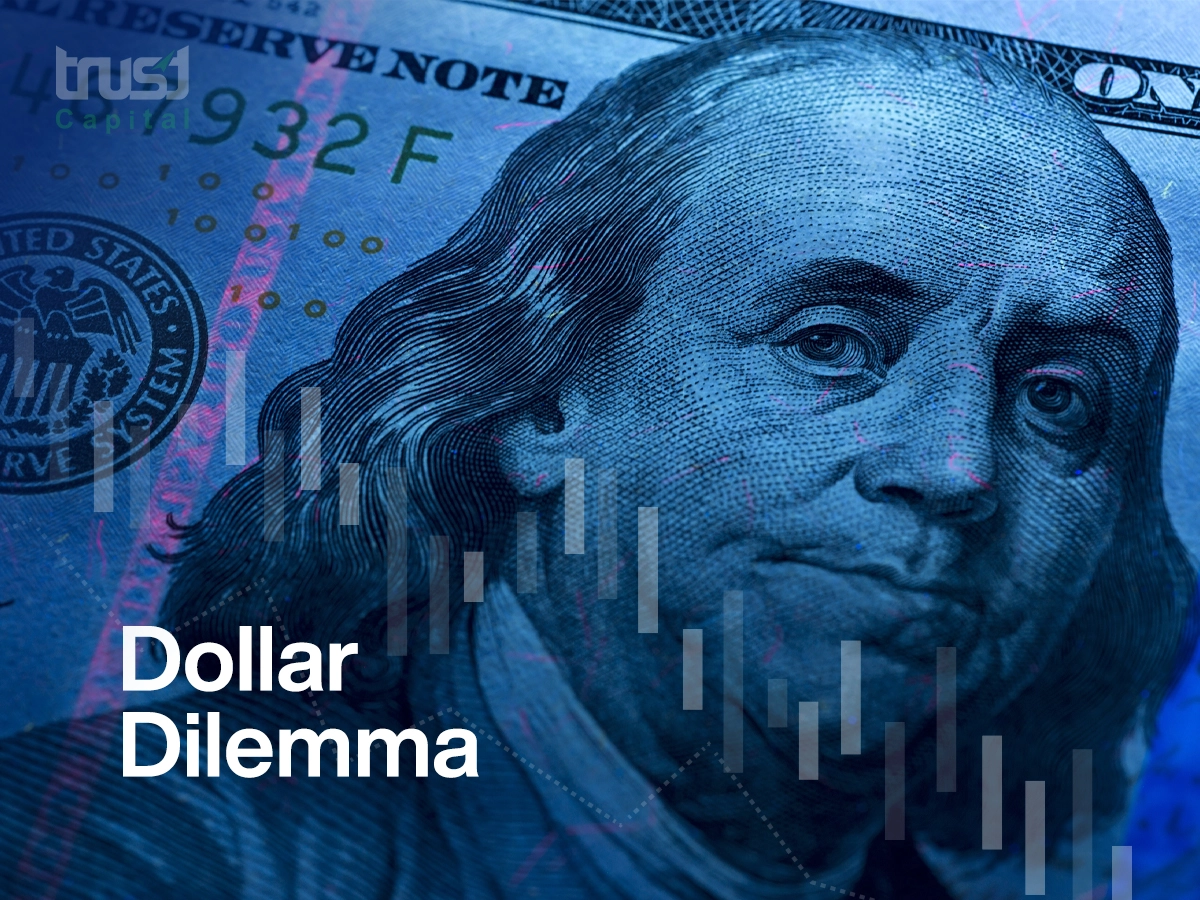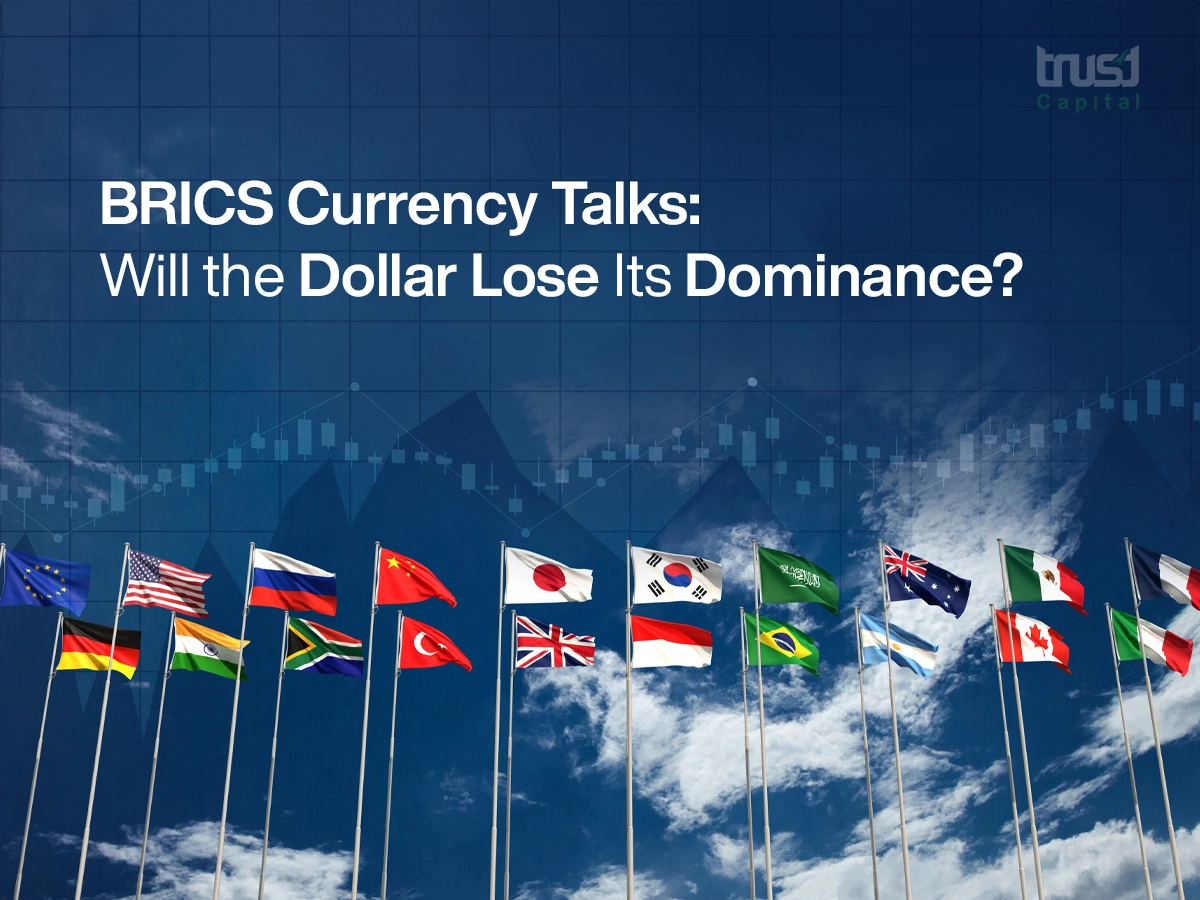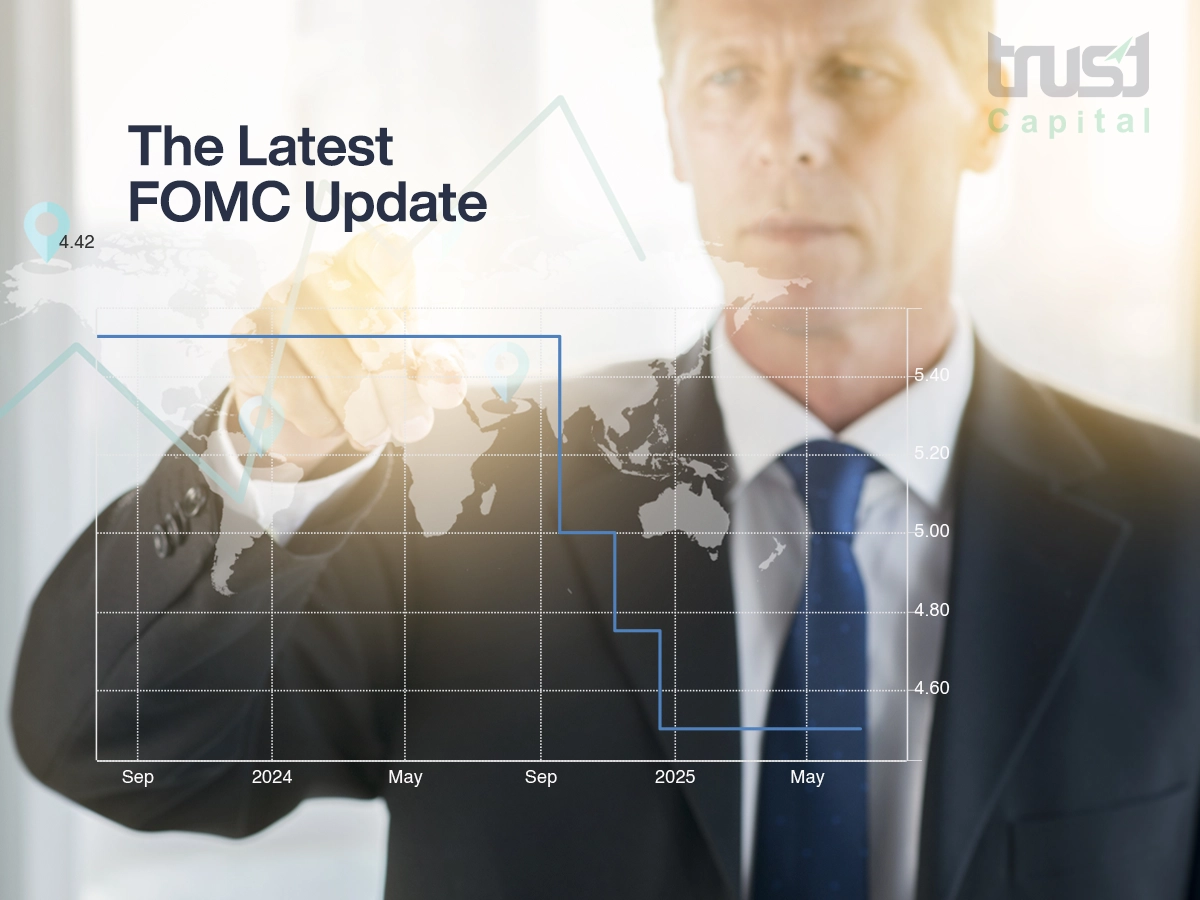War & the Markets: How the Iran-Israel Tension Is Fueling Global Volatility
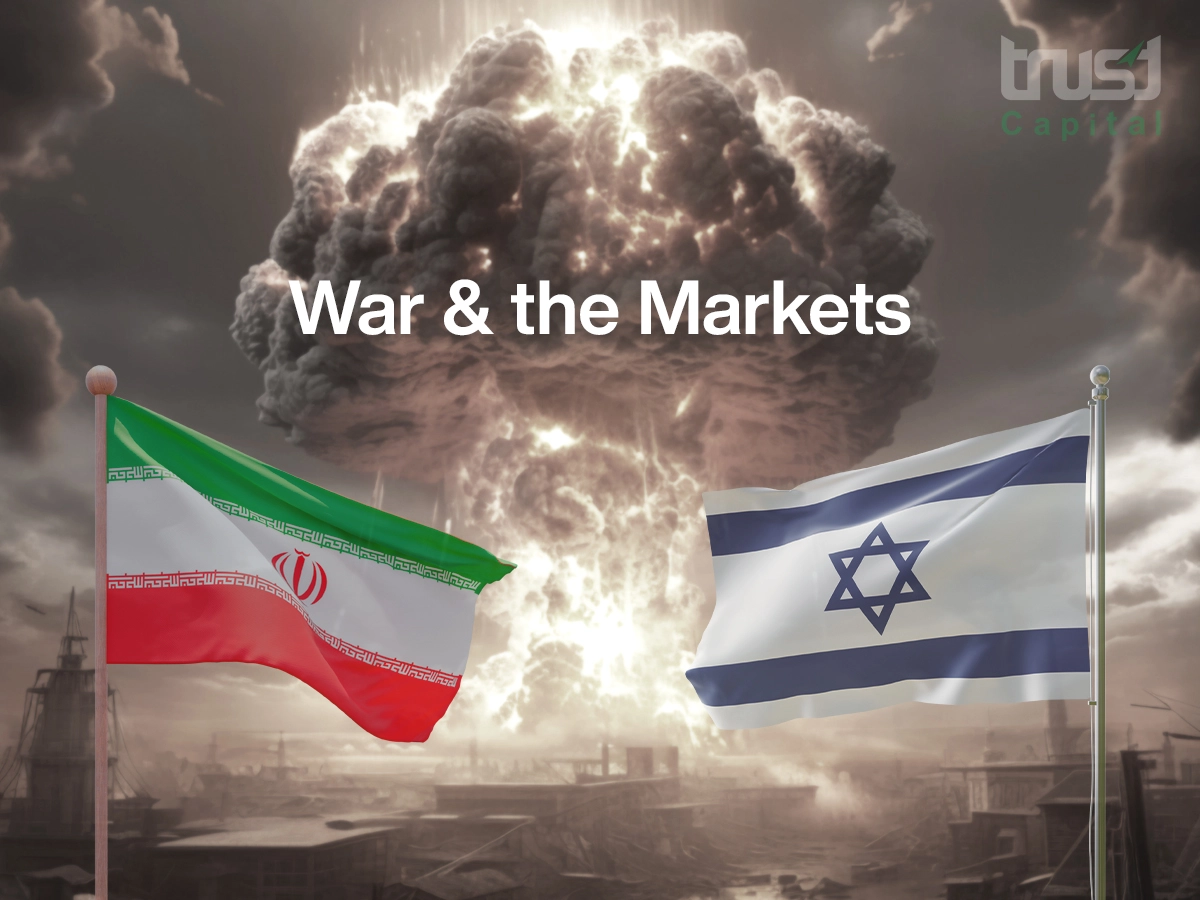
The Iran-Israel conflict has emerged as one of the most concerning geopolitical developments of recent times. What began as a regional standoff has now triggered widespread anxiety across global financial markets , significantly altering the behaviour of investors, traders, and institutions worldwide. The growing tension is a stark reminder of how international conflict can destabilise economies and heighten stock volatility due to war.
This isn’t just a political issue, it’s a market reality. The war's impact on markets is now evident across various asset classes, including equities, energy, currencies, and commodities. For those involved in global foreign exchange trading and investment, the stakes are especially high.
Stock Market Reaction to War: Volatility at Every Turn
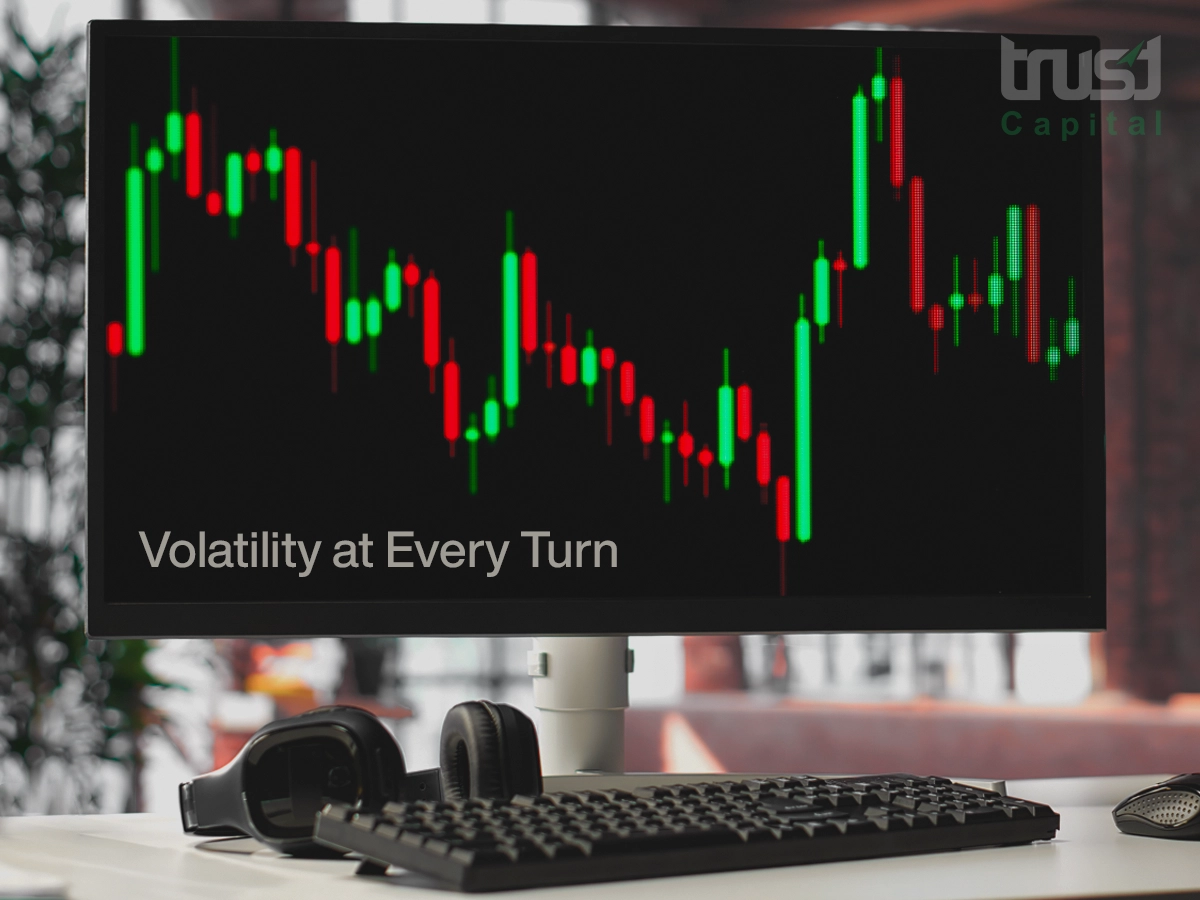
The stock market reaction to war is often swift and sharp. With uncertainty in the air, investors move away from riskier assets and seek the safety of more stable options. This flight to safety results in international conflict stock volatility, where company shares—especially those tied to global trade, defence, or energy—experience sharp fluctuations.
The Iran-Israel war effect has triggered such a response, with markets displaying a mix of panic, speculation, and cautious optimism. Traders are factoring in potential disruptions in supply chains, rising energy costs, and increased defence spending, which all feed into the broader narrative of stock market reaction and unpredictability.
Geopolitical Tensions and Global Financial Instability
In a globally connected economy, geopolitical tensions and markets are deeply intertwined. The Middle East war tensions don’t stay confined to one region—they ripple out, affecting trade policies, energy security, and investor sentiment worldwide.
As the Iran-Israel conflict affects global markets, countries and companies with economic ties to the region are re-evaluating their exposure and risk profiles. Markets hate uncertainty, and geopolitical instability introduces exactly that—unknown variables that can’t be easily quantified or hedged against.
Energy Sector in Focus: A High-Risk, High-Reward Landscape
One of the most affected areas is the energy sector. The Iran-Israel war's impact on energy stocks is significant, as the Middle East remains a crucial hub for global energy production and distribution. Even the threat of disruptions to oil routes or infrastructure can cause major shifts in market expectations and investor behaviour.
For energy traders, this creates a high-stakes environment. While some may see short-term gains due to price surges, the long-term risks of escalation make it a volatile space to navigate. Smart trading strategies are now more important than ever.
Global Forex Trading Investment: Navigating Currency Chaos
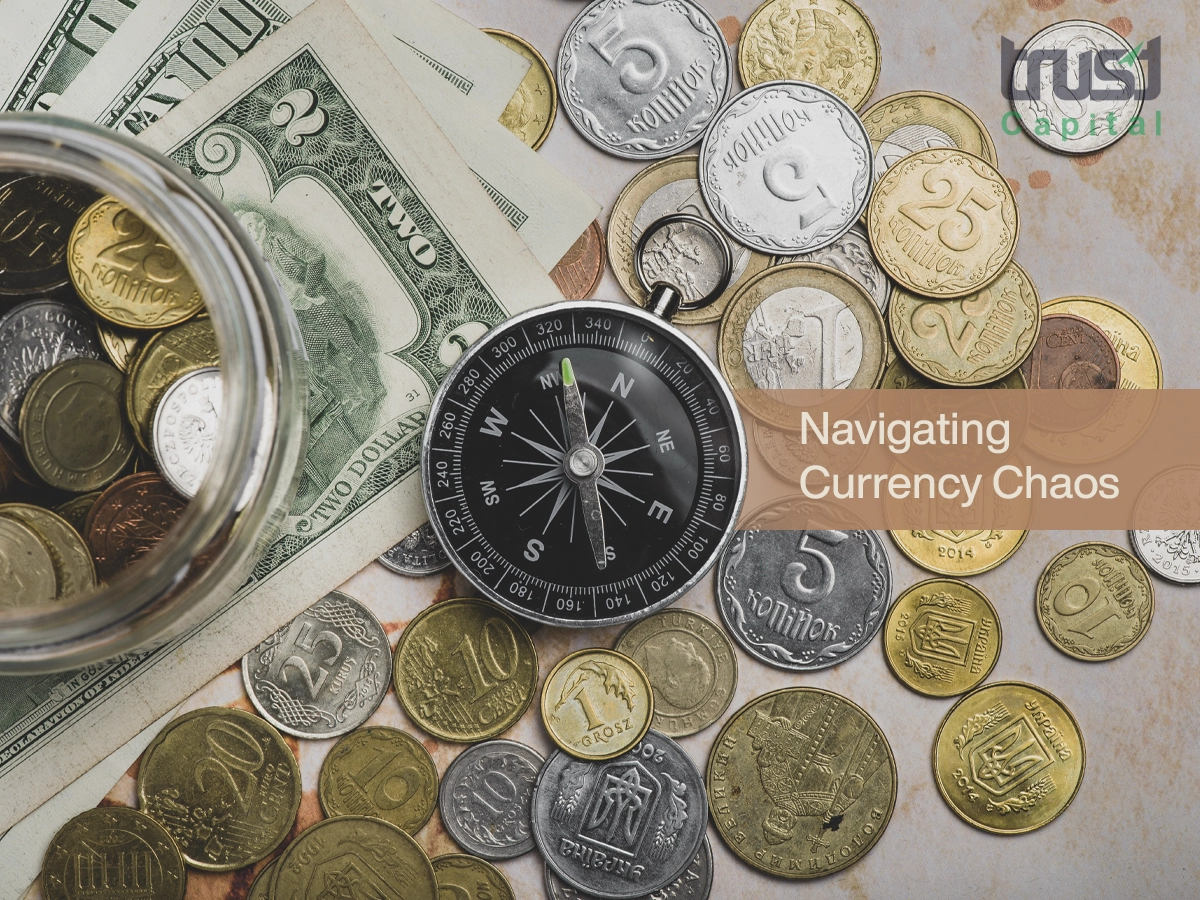
The global forex trading investment space is also experiencing the aftershocks of this conflict. Currency markets, highly sensitive to global events, have seen increased movement as traders adjust their positions. Typically, during such conflicts, investors gravitate towards currencies viewed as safe havens, while those tied to emerging markets or oil exports tend to see declines.
With the Iran-Israel war effect unfolding, forex traders are actively recalibrating their strategies to mitigate risk and capitalise on short-term opportunities. Volatility in the forex market can be both a threat and a tool, depending on how quickly and wisely traders respond.
Adapting to a Volatile World
As the Iran-Israel conflict on trading continues to shape the financial landscape, one thing is clear: adaptability is essential. Traders and investors must remain agile, informed, and ready to adjust as news breaks and situations evolve.
The ongoing war's impact on markets highlights the fragile balance between geopolitics and finance. With stock volatility due to war, shifting global forex trading investments, and the Iran-Israel war's impact on energy stocks, now is the time for traders to stay focused, diversify risk, and lean on real-time insights.
In a world where geopolitical tensions and markets are more connected than ever, informed trading isn’t just an advantage—it’s a necessity.
